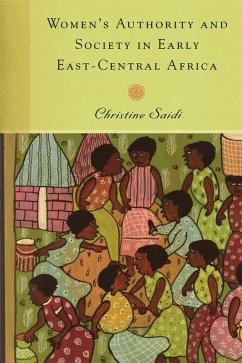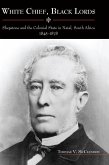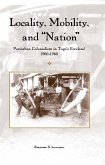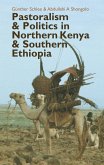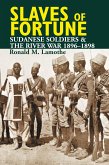A radical reassessment of the importance of women in East-Central African society during the precolonial period.
This study of more than two thousand years of African social history weaves together evidence from historical linguistics, archaeology, comparative ethnography, oral tradition, and art history to challenge the assumptions that allAfrican societies were patriarchal and that the status of women in precolonial Africa is beyond the scope of historical research. In East-Central Africa, women played key roles in technological and economic developments during the long precolonial period. Female political leaders were as common as male rulers, and women, especially mothers, were central to religious ceremonies and beliefs. These conclusions contribute a new and critical element to our understanding of Africa's precolonial history.
Christine Saidi is Assistant Professor of History at Kutztown University.
This study of more than two thousand years of African social history weaves together evidence from historical linguistics, archaeology, comparative ethnography, oral tradition, and art history to challenge the assumptions that allAfrican societies were patriarchal and that the status of women in precolonial Africa is beyond the scope of historical research. In East-Central Africa, women played key roles in technological and economic developments during the long precolonial period. Female political leaders were as common as male rulers, and women, especially mothers, were central to religious ceremonies and beliefs. These conclusions contribute a new and critical element to our understanding of Africa's precolonial history.
Christine Saidi is Assistant Professor of History at Kutztown University.
Dieser Download kann aus rechtlichen Gründen nur mit Rechnungsadresse in A, D ausgeliefert werden.

